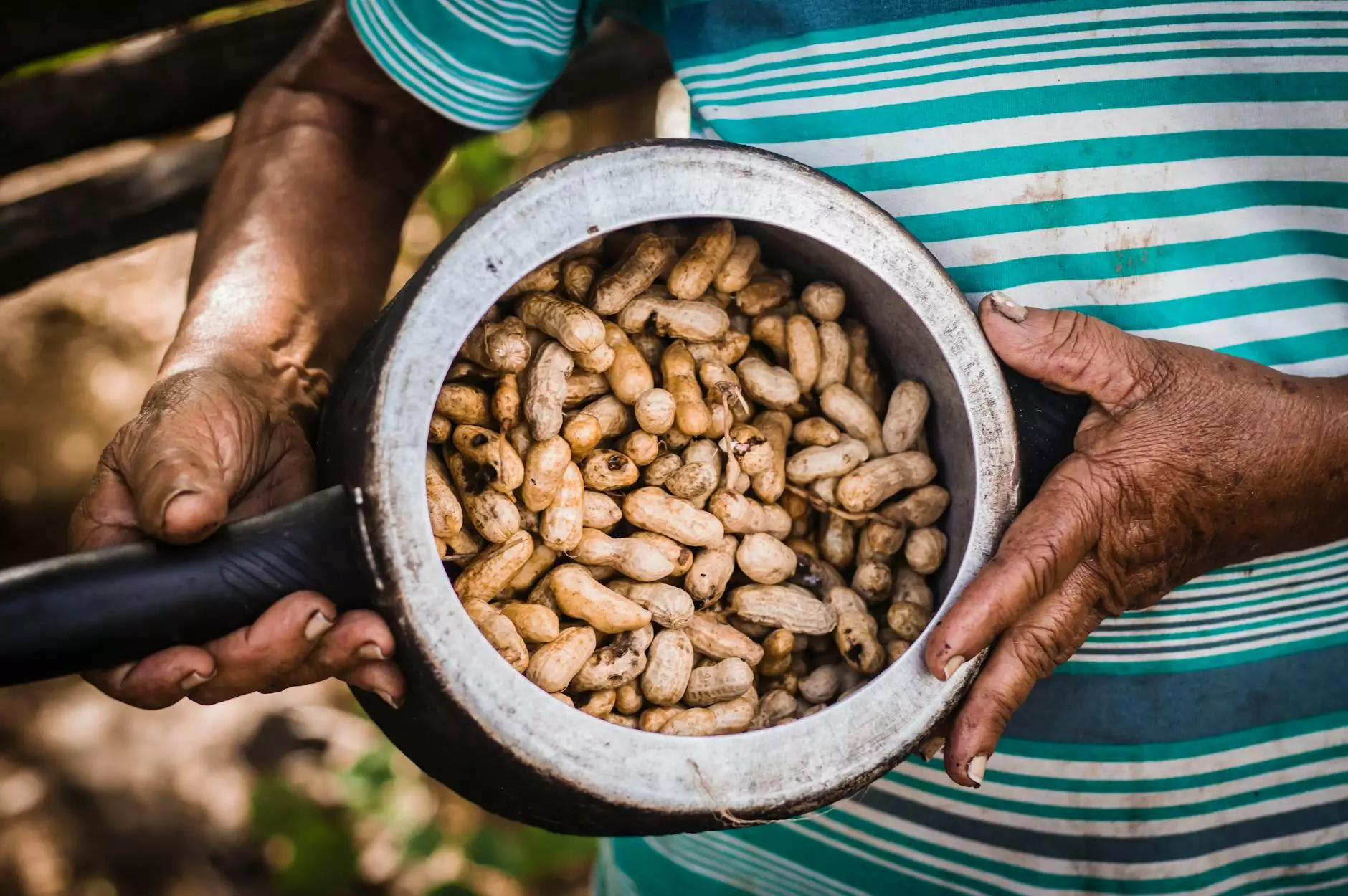Get Something for Peanuts and 9 More Food Related Idioms
English Vocabulary Lessons
Introduction
Welcome to NJCLT, where we delve into the fascinating world of idiomatic expressions! In this article, we will explore the idiom "Get Something for Peanuts" and introduce you to nine more food-related idioms that will surely spice up your English conversations.
1. Get Something for Peanuts
If you ever hear someone saying that they "got something for peanuts," they mean that they obtained it for a ridiculously low price. The origin of this idiom can be traced back to the times when circus performers were commonly paid with peanuts for their acts, symbolizing minimal value. Today, people use this expression to depict inexpensive purchases or bargains.
2. The Apple of My Eye
When someone refers to another person as the "apple of their eye," it means they hold that person in extremely high regard or affection. The phrase dates back to ancient texts, where the apple was seen as a symbol of something precious. Over time, it became a beloved expression in the English language.
3. Cool as a Cucumber
Being "cool as a cucumber" implies that a person remains calm and composed even in stressful situations. The idiom's origin lies in the fact that cucumbers have a lower temperature compared to the environment, giving them a refreshing and cool touch. It has been used since the 17th century and has become a popular way to describe someone's unflappable nature.
4. Bread and Butter
The expression "bread and butter" refers to something that provides a person's primary source of income or livelihood. Just like bread and butter are staples in many diets, this idiom emphasizes the importance of a reliable income source for individuals or families. It serves as a metaphor for sustaining oneself financially.
5. Full of Beans
When someone is "full of beans," it means they are brimming with energy, enthusiasm, or excitement. This idiom originated from the early 20th century, inspired by the idea that beans provide nourishment and vitality. Use this expression when describing someone who is lively and animated!
6. Spill the Beans
"Spill the beans" is an idiomatic expression used when someone reveals a secret or confidential information. The origin of this idiom is not definitively known, but it is believed to have roots in ancient Greece or Rome, where votes were cast by putting beans into a container. If someone accidentally knocked over the container, the secret of the voting outcome would be revealed.
7. Top Banana
Being the "top banana" signifies being the most important or influential person in a group or organization. The phrase originated from vaudeville and burlesque shows, where comedians traditionally used bananas to create comedic effect. The "top banana" was the lead comedian who received the most attention and acclaim.
8. Piece of Cake
If something is a "piece of cake," it means it is effortless or easy to accomplish. This idiom is thought to have its roots in the early 19th century, when cakes were given as prizes at competitions. Winning a cake meant winning something without exerting much effort, leading to the expression being used to describe simple tasks.
9. Spice Things Up
"Spice things up" is an idiom commonly used to describe adding excitement or variety to a situation, whether in relationships, activities, or even food. Just as spices enhance the flavor of a dish, this expression conveys the notion of making things more interesting or stimulating. So, why not spice up your life with a pinch of adventure?
10. Butter Someone Up
To "butter someone up" means to flatter or compliment them excessively to gain a favor or an advantage. The phrase comes from the act of buttering bread, where spreading butter on someone's bread implies attempting to appease them. Use this idiom with caution, as overdoing it may appear insincere!
Conclusion
Now that you have learned about the idiom "Get Something for Peanuts" and explored nine more food-related idioms, you can incorporate these colorful expressions into your everyday conversations. Understanding and using idiomatic phrases not only enhances your language skills but also adds an extra layer of cultural knowledge. So go ahead, have your cake and eat it too, while spicing up your English!
For further language learning resources and expert guidance, visit NJCLT.com today!










